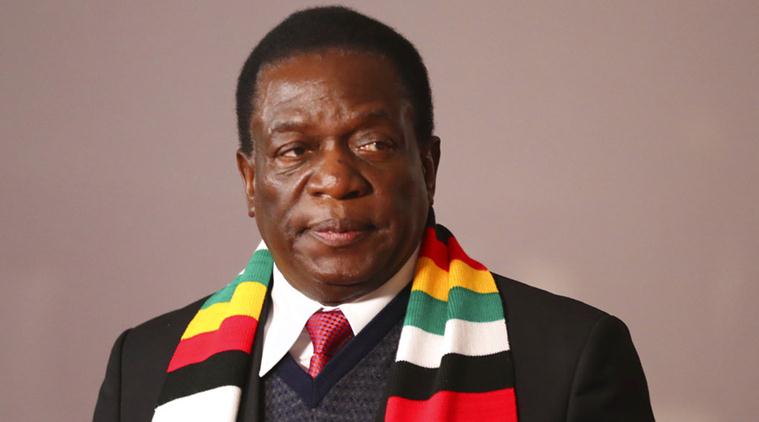Zimbabwe’s reengagement with the international community is yet to bear significant fruit, nearly two years since the dethroning, in a coup, of longtime leader Robert Mugabe, who had been long viewed as the stumbling block to the country’s economic turnaround.
The Southern African country is facing serious economic challenges dating back to the year 2000 characterised by high unemployment rates, company closures and subdued foreign direct investment.
Mugabe’s policies, misrule, his failure to respect human rights and other related factors have been cited as the catalyst to the collapse of the Zimbabwean economy, once considered one of the best in Africa.
When President Emmerson Mnangagwa came into office in November 2017, he vowed to end Zimbabwe’s international isolation by re-engaging with the rest of the world.
The President, at his inauguration in 2017, invited the international community to partner Zimbabwe in charting a way forward in rebuilding the country, arguing “Zimbabwe is open for business”.
Since then, Mnangagwa who also said Zimbabwe was returning to democracy and rule of law, has been visiting several countries across the globe inviting them to come and do business with the cash-strapped country.
One of such international engagements has been at the World Economic Forum on Africa recently held in Cape Town, South Africa.
Ironically, the country’s economy is today far much worse than in 2017 when Mugabe was toppled.
Prices of basic commodities which had been stable since the coalition government era go up almost every week with companies continuing with retrenchments.
Industrial actions by civil servants have also become the order of the day.
Zimbabwe Community in South Africa lamented lack of meaningful fruit in the country’s efforts to engage the world, arguing there were no recovery signs on the ground.
“The government should refocus its energy towards harnessing the financial, intellectual and patriotic capacity of the Zimbabwean workers across Zimbabwe and the diaspora to revive production,” said the community’s spokesperson, Bongani Mkhwananzi.
He added that any internal dialogues aimed at addressing the economic challenges should be inclusive.
Economic analyst, Butler Tambo, said there was nothing on the ground to show for the reengagement efforts.
“The re-engagement effort to lure investors into Zimbabwe suffered its major stillbirth with the wanton killing of protesters on 1 August 2018,” Tambo told CITE.
He said Zimbabwe missed an opportunity to reform when Mnangagwa came on board.
“I believe the international community had given the Mnangagwa administration a chance to rid itself of the archaic Mugabe policies and at first they were saying the right things and seemingly interested in genuine reform.
“For instance the scrapping of the Indigenisation law and leaving it to only cover platinum and diamonds had been welcomed and the talk of a land audit, compensation and return of farms to a few select white farmers was seen as signals of reform.
“I believe Britain especially was willing to overlook a rigged election in 2018 until the ugly face of repression resurfaced with a vengeance with people being gunned in Harare in front of international media and election observer missions. This is when all became dead in the water.”
Tambo said the government’s failure to address corruption had also negatively impacted the country’s economic turnaround.
“I do not see the re-engagement efforts bearing any fruit in the short to medium term as the government has shown a propensity to indicate left and turn right and seems to mimic the reform agenda but is dead on implementation,” he added.

